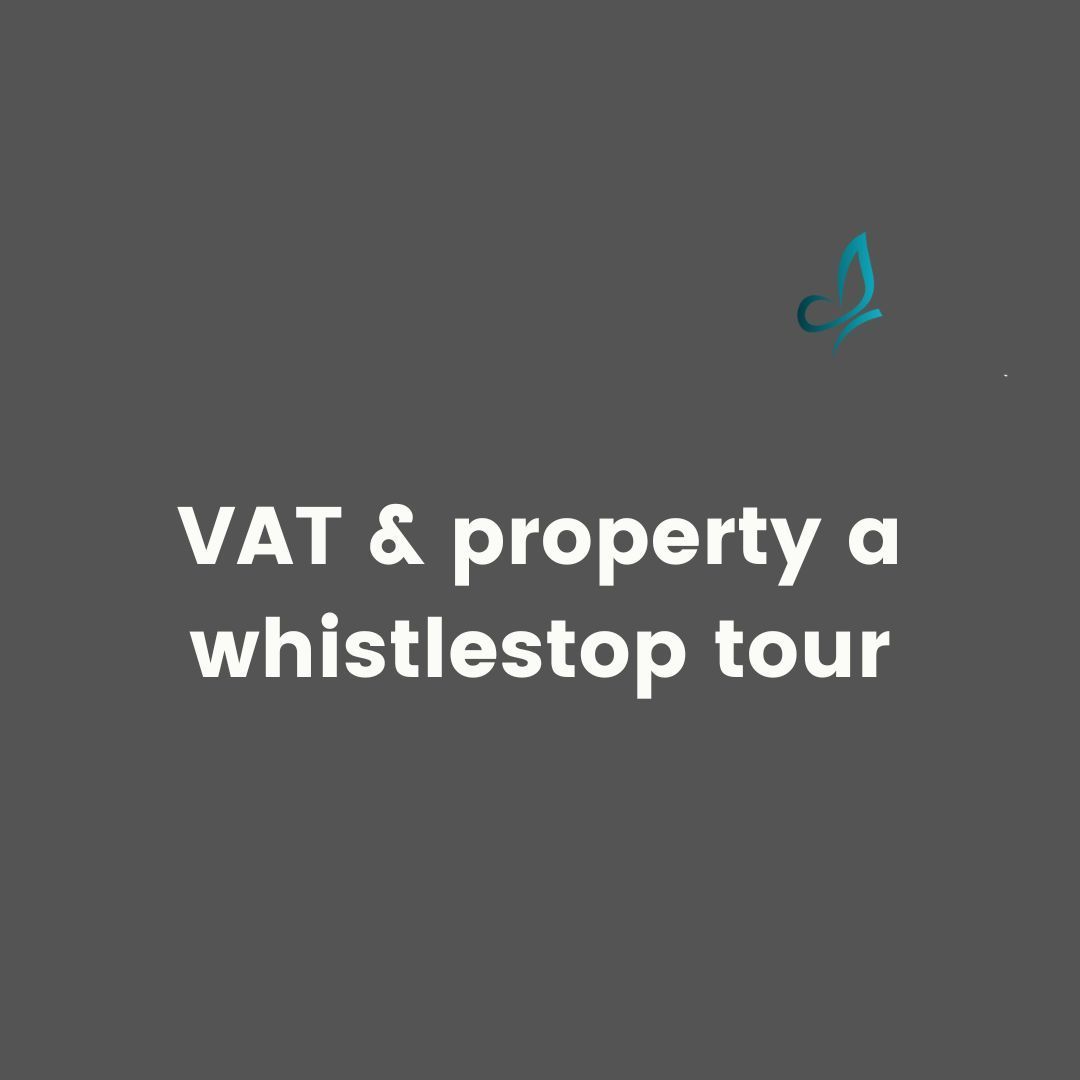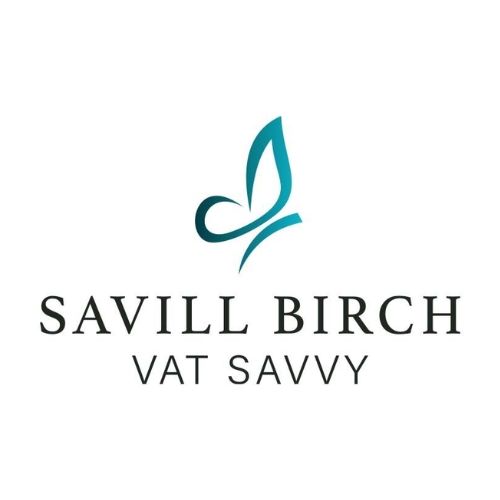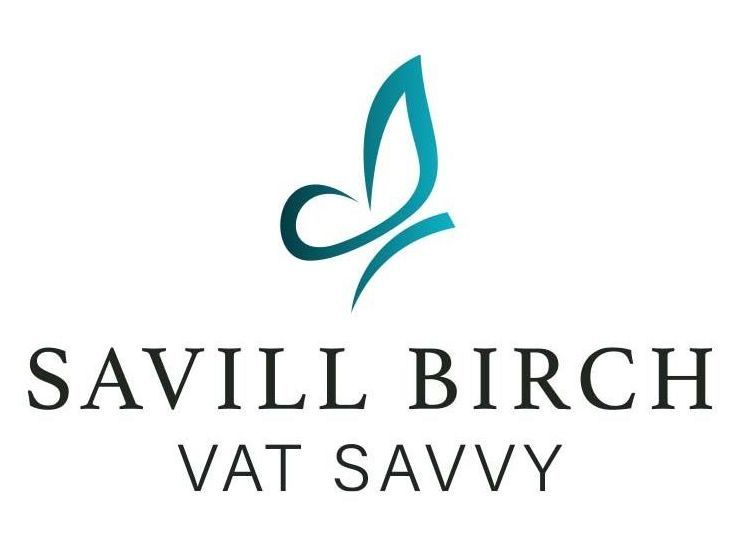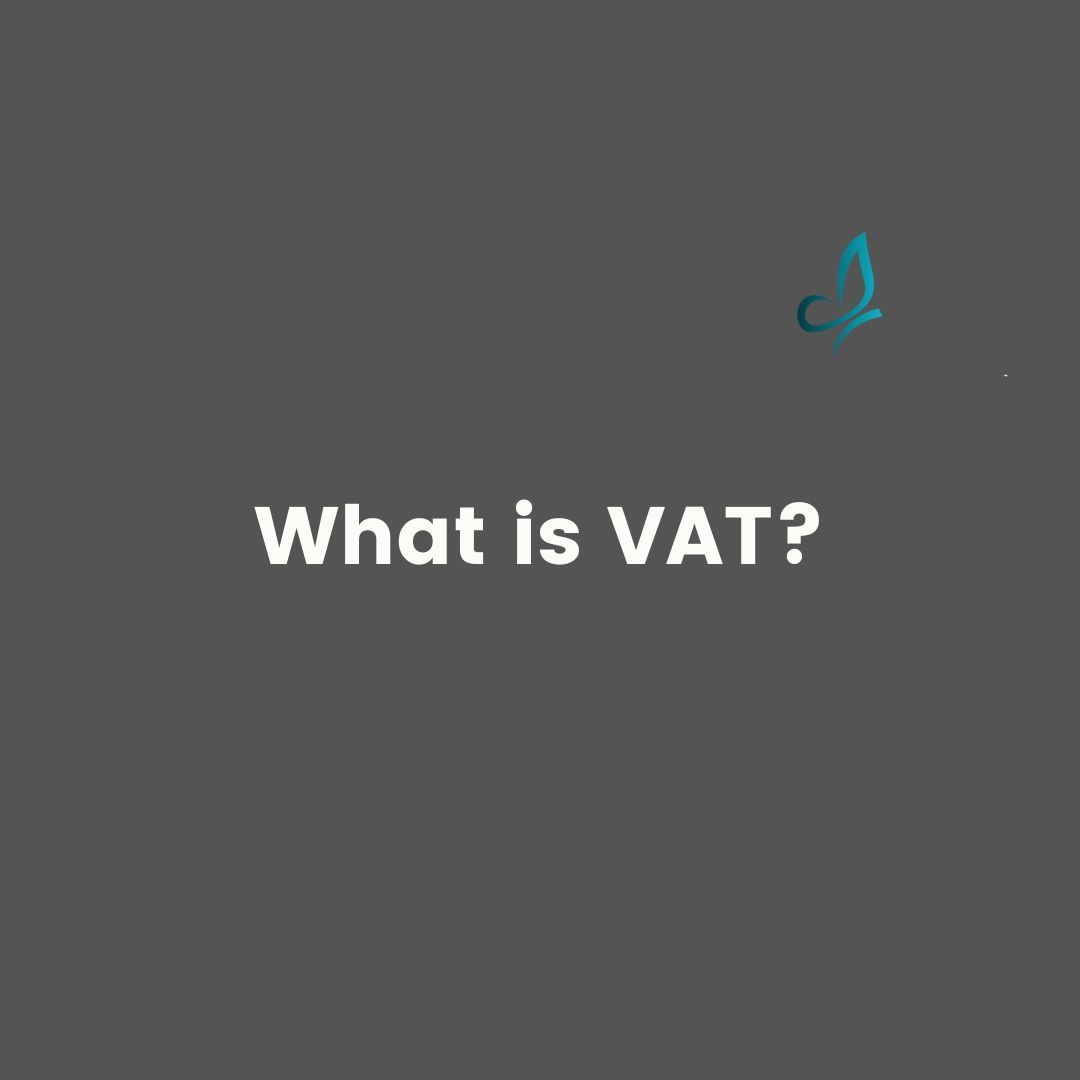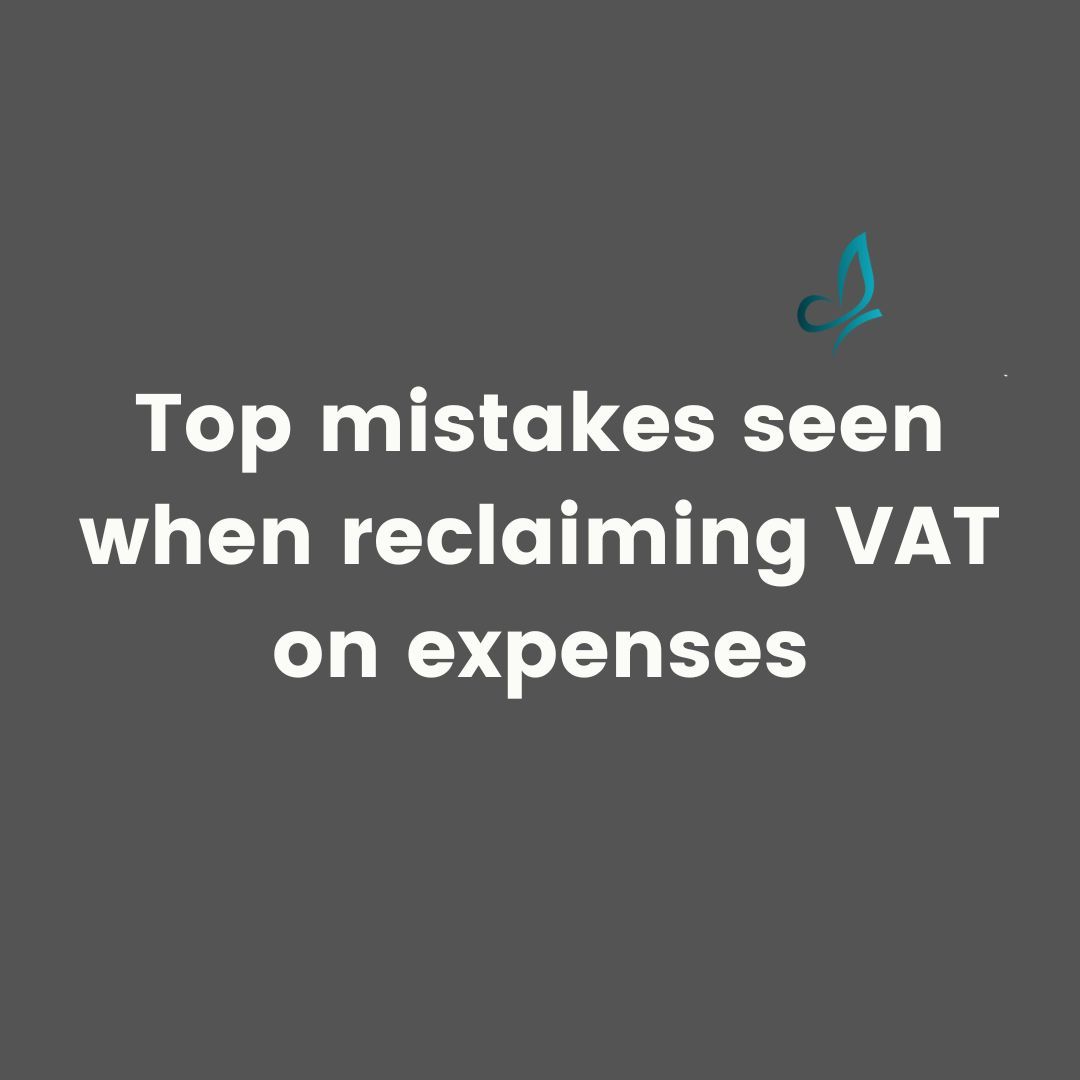Global E-Commerce (supplies of goods)
We always recommend that a business takes advice to map out their intended markets and platforms as the VAT treatment of overseas sales depends on the seller location, the location of the goods at the time of sale and whether the goods are sold via a marketplace or not. This guide is intended to be high level so help businesses understand how VAT may apply to their global sales but please
get in touch so we can determine what VAT registrations are required.
A VAT/GST registration is typically required in each country you hold goods. This is because you have imported the goods in the name of the business and plan to sell from this location. These sales will likely be considered taxable supplies which can lead to a VAT/GST registration requirement.
Many countries have marketplace rules now where the marketplace (e.g. Amazon) is responsible for accounting for the VAT to the customer. This can mean the seller/merchant does not have to worry about registering for VAT/GST (unless they hold goods locally).
If the seller/merchant is not utilising a marketplace (or the country doesn’t operate marketplace rules) it will need to monitor its sales to overseas countries to determine whether it needs to register for VAT. Many countries have introduced rules which tax remote sellers of low value goods (i.e. goods sent from outside the country). For example:
- Sales to Norway – the sale of goods under NOK 3,000 are considered low value (per good, not per consignment). Where the combined value of low value sales to consumers in 12 months exceed NOK 50,000, VAT registration is required.
- Sales to Australia – consignments of up to AUD 1,000 qualify as low value. If the value of these sales to consumers in 12 months exceeds AUD 75,000, GST registration is required.
- Sales to New Zealand – goods of up to NZD 1,000 are low value and if the value of these sales to consumers exceeds NZD 60,000 in 12 months, GST registration is required.
- Switzerland – the supply of low value goods that total more than CHF 100,000 in 12 months must register for VAT. Low value goods are defined as goods where the import VAT does not exceed CHF 5 (goods value of CHF 65 for standard rated goods and CHF 200 for reduced rated goods).
The EU introduced the following simplifications in 2021:
- Import One Stop Shop (IOSS) - this is available for businesses selling goods located outside the EU at the time of sale to EU consumers. It is a simplified EU wide VAT registration that allows VAT to be charged at the rate in force in the customers country. If this is used, consignments of under EUR 150 are taxed at the time of sale. If IOSS is not used or the consignment is over EUR 150, the customer is liable for import VAT. IOSS is currently optional for suppliers.
- One Stop Shop (OSS) - if the goods are in the EU at the time of sale (i.e. held in an EU warehouse), the sales should be reported via the OSS. It is also an EU wide VAT return which allows the seller to account for VAT in the customers location. This replaced distance sales registrations.
With Brexit, the UK introduced new rules in relation to low value goods (consignments under £135). If the goods are outside the UK at the time of sale (and under £135), the supplier must register for UK VAT and charge this to UK customers. The location of the supplier is irrelevant.
